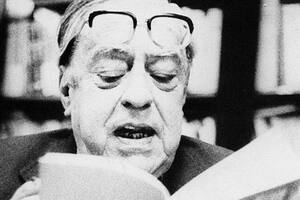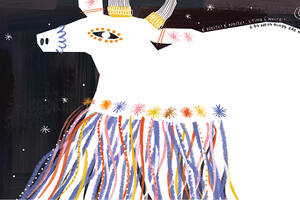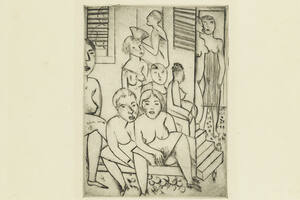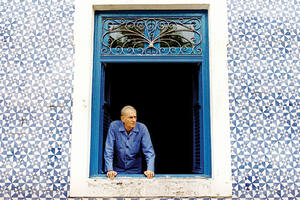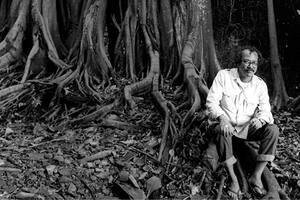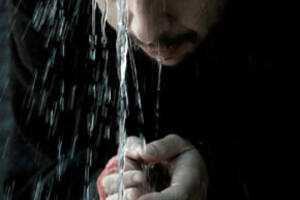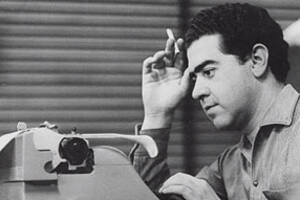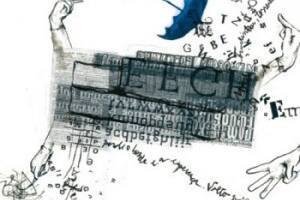Literature
Prize

The 2015 Nobel Prizes
Parasitic diseases and DNA repair are among the recognized research subjects
By Redação
LITERATURE

From masters to apprentices
USP's contribution in fields such as literary theory continues
Recognition

From Blue LED to the Brain’s GPS
Nobel Prizes highlights advances in microscopy and neuroscience
By Redação
MARKET FOR NOVELS
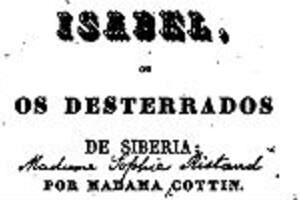
Lusophone Paris
French released hundreds of books in Portuguese during the 19th century
Publications
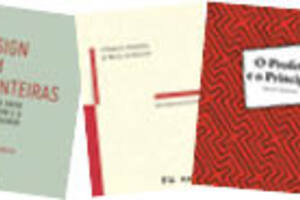
Books awarded the Jabuti Prize
Books funded by FAPESP awarded the 55th Jabuti prize
By Redação
Jacó Guinsburg

Jacó Guinsburg: The editor of academia
Editor tells how Perspectiva's books became a reference in universities
By Redação
History
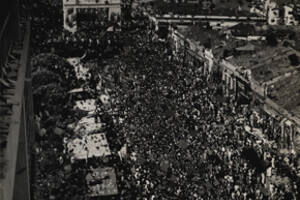
The past that intrudes into the present
Collection compiles articles by historians to a broader audience
By Carlos Haag
SCIENCE DISSEMINATION

Five decades of ecological conscience
Rachel Carson’s Silent Spring remains an environmental literature classic
Literature

The Sentimental Memoirs of the Angel of Death
The Sentimental Memoirs of the Angel of Death
By Carlos Haag
Books
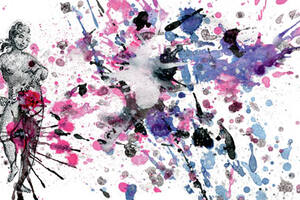
Libertines did not live only for sex
Reason rather than dissipation guided eighteenth century books
Literature
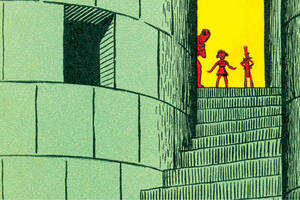
Brazil seen from the farm
Studies reintroduce the complexity of Monteiro Lobato
By Carlos Haag
Itamaraty
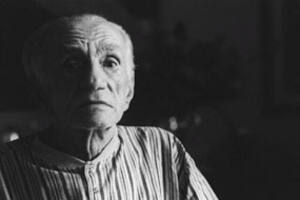
The ambassadors of the hinterlands
Diplomacy influenced the literature of Brazilian authors
By Carlos Haag
review
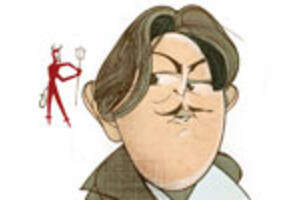
The dilemmas of the Moor of Matacavalos
A passion for Shakespeare directly influenced Machado de Assis
By Carlos Haag
Biography
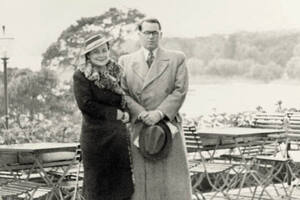
The war of the Rosas
Saving Jews in Nazi Germany marked Guimarães Rosa and his wife, Aracy
By Carlos Haag
Literature
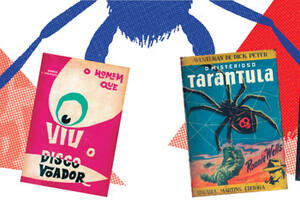
The future of the present in the past
Brazilian science fiction and the country's relationship with S&T
By Carlos Haag
Literature

Is the book dead? Long live the book!
Studies reveal new reading trends with e-readers
By Carlos Haag
